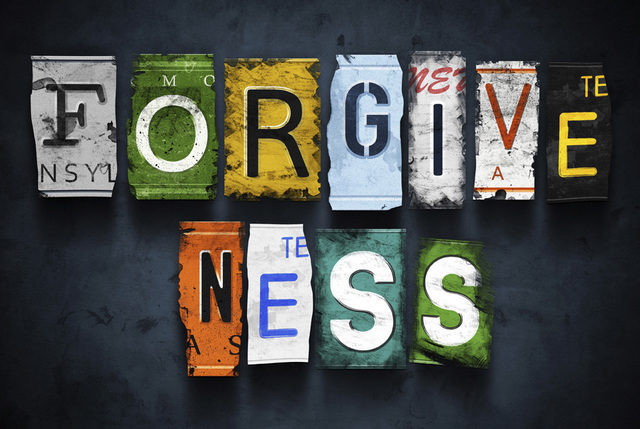Forgiveness: Do it for our health
A Buddha teaching states, “Holding on to anger is like grasping a hot coal with the intent of throwing it at someone else; you are the one who gets burned.” When someone hurts us, we can hold onto anger, resentment, and thoughts of revenge; or we can forgive. We can let go of the burning hot coal and, instead, embrace peace, hope, gratitude, and joy. Forgiveness is a gift to ourselves and to our health. It may not change the past, but it can change our future.
Dr. Nina’s What You Need To Know about forgiveness and its health benefits:
Reduced Stress and Anxiety
Anger releases the same hormones—adrenaline and cortisol—that are seen during a “fight or flight” situation. While having our muscles tense, our blood pressure increase, and our pores sweat is a natural, primal response to predators, if this reaction is re-lived over and over again, it can cause anxiety and depression. Not surprisingly, studies have also shown that letting go of a grudge lowers the risk of alcohol and substance abuse.
Better Heart Health
Finding forgiveness in our heart will benefit our heart. Studies have shown that forgiving someone decreases our blood pressure and heart rate, and subsequently decreases the amount of work that our heart must perform. In fact, chronic stress makes platelets “sticky.” This means they are more likely to clot or bunch together and block off blood flow to our heart or brain, which can result in a heart attack or stroke, respectively.
Reduced Pain
Take two pills, forgive the unforgivable, and call me in the morning. Studies have shown that forgiveness can decrease the level of pain in people who suffer from chronic back pain. While the mechanism for this is not yet clear, this opens up alternative avenues for treatment. It could lift the weight off of our aching back.
The problem is that “Everyone says forgiveness is a lovely idea until they have something to forgive”—CS Lewis.
Additionally, there is no manual to help us maneuver through it. Experts in the field have made some helpful recommendations:
• Understand what forgiveness is not. It is not the same as reconciliation, forgetting, condoning, minimizing, excusing, or putting ourselves in a position to be harmed again.
• Commit to let it go. Forgiveness is an active process, not something that will just happen.
• We have the right to choose. We cannot control other’s actions or thoughts, but we can control ours. We can choose to stop re-living the pain and moving on. And most of the time, we are the only ones suffering; the offender is fine and living their life.
• Know your role. It is seldom the case that one person is 100 percent innocent. Therefore, it is important to know what we could have done to prevent what happened. This can help us move beyond feeling like a victim.
• Learn from the past, live in the present, believe in the future. It is no longer happening, except in our minds. When we start thinking about the past, acknowledge it, and return to the present.
• Welcome peace. Whether it is meditation, therapy, prayer, deep breathing, or exercising, these actions help clear our minds and allow peace to enter.
• Empathize and feel compassion. Trying to see things from the offender’s point of view can help us understand the situation better and feel compassion for them. We are not excusing their actions, or condoning them, but we are allowing ourselves to be happy and move on. Let love for them, and, more importantly, ourselves, grow in our hearts.
A grudge functions much like cancer; if we don’t remove it with clear margins, it will grow and may be the death of us. And while we may be in the process of forgiving and letting go of the negativity remember: “Never wrestle with pigs. You both get dirty and the pig likes it—” George Bernard Shaw.
This information is for educational purposes and should not be considered specific medical advice. Always consult with a qualified medical professional regarding your individual circumstances.
Dr. Nina Radcliff is dedicated to her profession, her patients and her community, at large. She is passionate about sharing wise preventive health measures. Contact her on Facebook or Twitter @drninaradcliff.



























